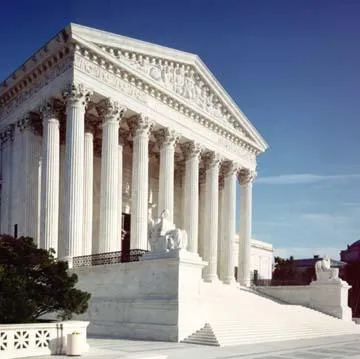Supreme Court to Rule on FCC?s Power

The U.S. Supreme court agreed to decide whether the FCC has the power to interpret ambiguous federal laws. At issue are two cases - Arlington, Texas v. FCC, and Cable, Telecommunications & Tech v. FCC - which have wound their way through various U.S. circuit courts.
The case arose when the FCC said that they had authority over the siting of new wireless towers and "zoning approval for new wireless facilities is both a major cost component and a major delay factor in deploying wireless systems." Several communities disagreed and fought to maintain jurisdiction over the towers. The question is about local versus federal authority over a national wireless system with local components.
The decision may have far-reaching consequences for the FCC, and, said Reuters, "could affect the ability to deploy wireless telephone services across the United States."
Various carriers, especially Verizon, have contended that the FCC lacks any authority over wireless telephony.
Arlington, Texas, v. FCC, et al. (Supreme Court document)
Supreme Court to hear appeal over FCC rule making (Reuters, Oct. 5, 2012)
CWA members oppose AT&T’s attempts to stop serving rural and low-income communities in California
CWA urges FCC to deny industry attempts to loosen pole attachment standards
CWA District 6 reaches agreement with AT&T Mobility



